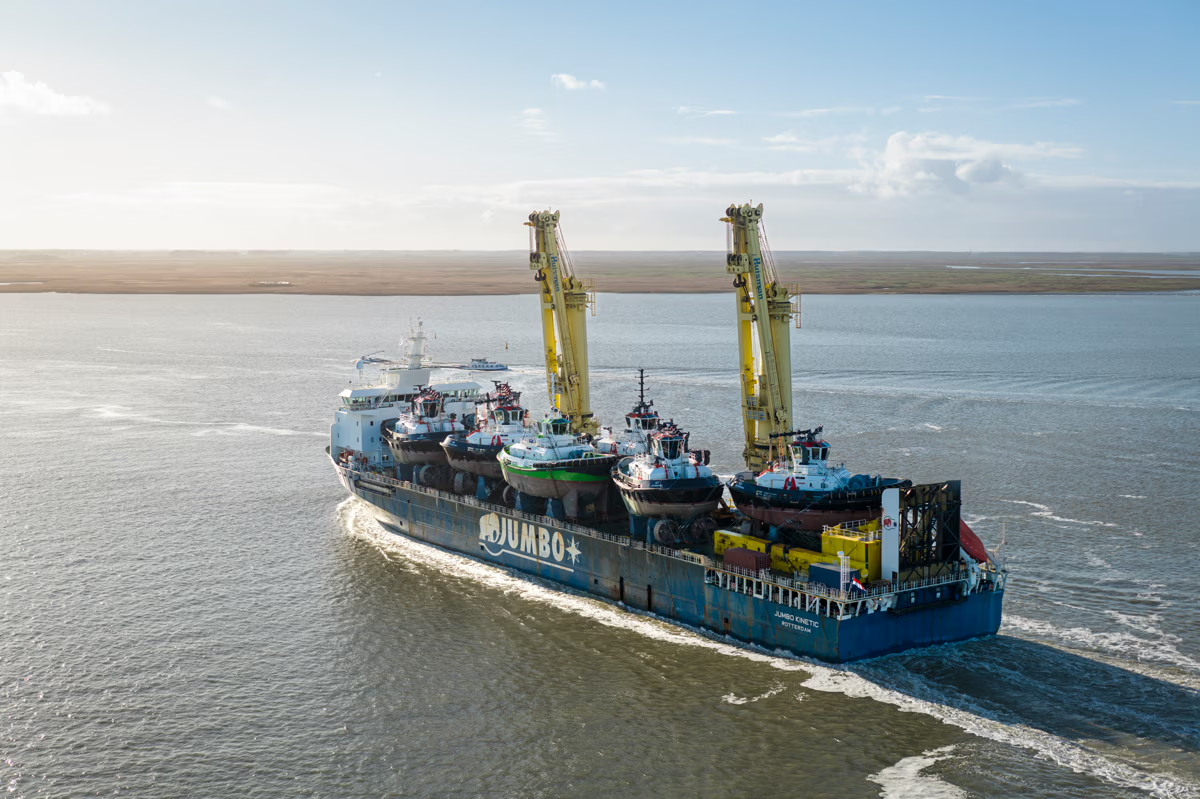A joint GCC naval force should be formed to protect ships ,the commander of the UAE navy says
![]() Shipping lanes in the Arabian Sea are currently patrolled by a coalition European Union navy force and the US Fifth Fleet, but Rear Admiral Naval Staff Ibrahim Al Musharrakh says the deep history and knowledge of GCC forces would provide a tactical advantage.
Shipping lanes in the Arabian Sea are currently patrolled by a coalition European Union navy force and the US Fifth Fleet, but Rear Admiral Naval Staff Ibrahim Al Musharrakh says the deep history and knowledge of GCC forces would provide a tactical advantage.
At the same time, one expert cautioned that the resources needed for the job might require the involvement of larger powers.
Nonetheless, Adm Al Musharrakh believes a GCC force could achieve “significant results” by “taking the benefits of historical links, long-lasting economic relations and perfect knowledge of Somali society, especially [of] the clan structure”.
Adm Al Musharrakh said, “In order to implement such a force, the first step should be to reach a consensus among GCC members.”
Adm Al Musharrakh continued, “Once formed, a GCC counter-piracy force composed of naval assets and maritime patrol aircrafts, could rely on the information-sharing centre established in Bahrain,” he said, referring to a 2010 GCC decision to establish a maritime intelligence corps in Bahrain.
“When implemented and operational, this centre will improve regional awareness of maritime traffic and the patterns of life of all maritime actors, making any suspicious action at sea easier to detect,” he said.
“The next step should, logically, be to increase cooperation at sea between the GCC navies in order to have a common approach and to deal effectively with transnational crimes like illegal human or goods trafficking, terrorism or piracy.”
The navy commander made his coalition call in a paper titled Constructing a Robust GCC Response at Sea: Reviving the Arab Counter-Piracy Force, which he presented last week at an international counter-piracy conference in Dubai.
Many countries have already committed naval assets or maritime patrol aircraft to the Indian Ocean to deal with the phenomenon and protect their interests, he said.
The main players currently include the European Union’s Operation Atalanta force, Nato’s Task Force 508 and Task Force 151, along with countries acting independently like China, Japan, Russia, India, Iran and Saudi Arabia.
The GCC has an existing coalition force in the form of Peninsula Shield, but this is only a land force. “Up to now, there are only the annual combined exercises but the organisation could evolve in the future,” he said.
A GCC coalition naval force would generate synergy between the navies of participating states and improve their operational readiness and efficiency at sea, he said.
Dr Anwar Eshki, a former army general and head of the Middle East Centre for Strategic and Legal Studies in Jeddah, Saudi Arabia, warned that vast resources would be required to turn the idea of a GCC naval force into reality.
“With the current assets available, it would be tough,” he said. “Satellite monitoring technology is a must and this is available only to larger powers. Also the fight [against] should be on the land, at the heart of where they are.”
Areas such as the coast of Yemen, Dr Eshki said, would need a serious boost in assets.
“The coast of Yemen is 1,500km long and a large force needs to navigate it with many assets,” he said.
However, Admiral Al Musharrakh said GCC countries with limited assets that wanted to participate could contribute in different ways, such as providing suitable coastguard equipment or training.
“Some countries could limit their contribution to just providing maritime traffic information,” he said.
A resolute commitment is needed from the GCC to playing its part in the fight against piracy, Admiral Al Musharrakh said. Without a global approach to the problem, he added, a long-lasting solution was unlikely to be achieved at sea.
“Piracy trends in past years have shown the limits of a singularly military approach,” he said. “Despite the important number of naval assets patrolling the area, the number of pirate attacks remained high. And, in a way, the concentration of naval assets in the vicinity of Somalia led to a dramatic expansion of the pirate operation area. “Nevertheless, naval assets from around the world are providing a necessary contribution from which Arab countries cannot be absent.”
Source: The National


























































